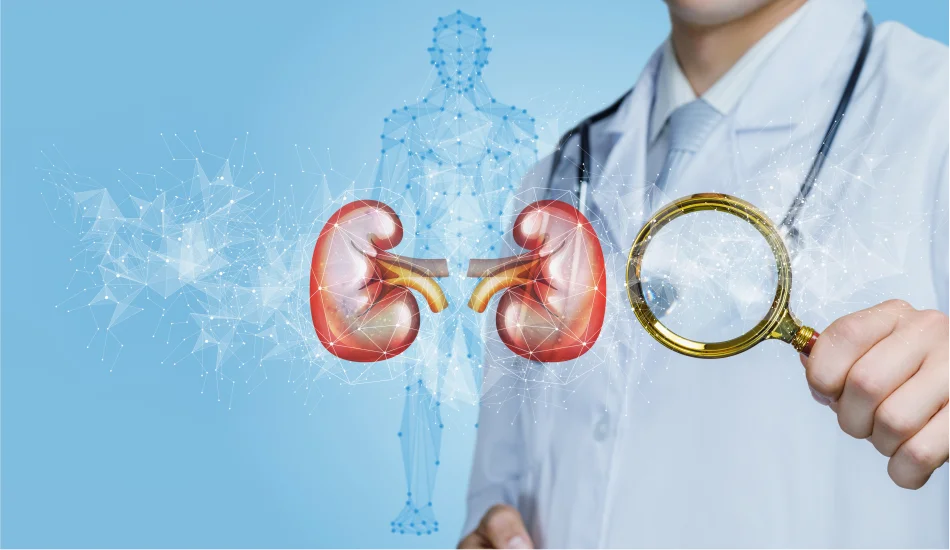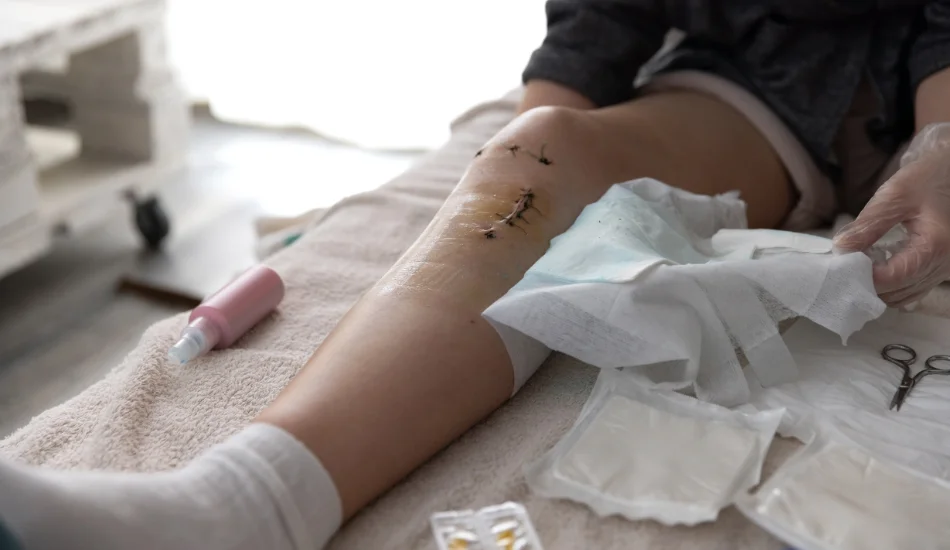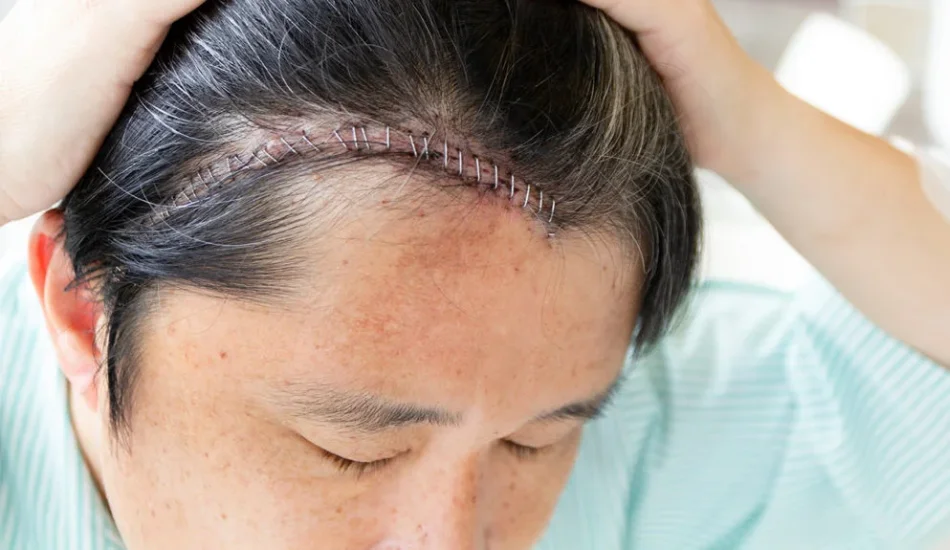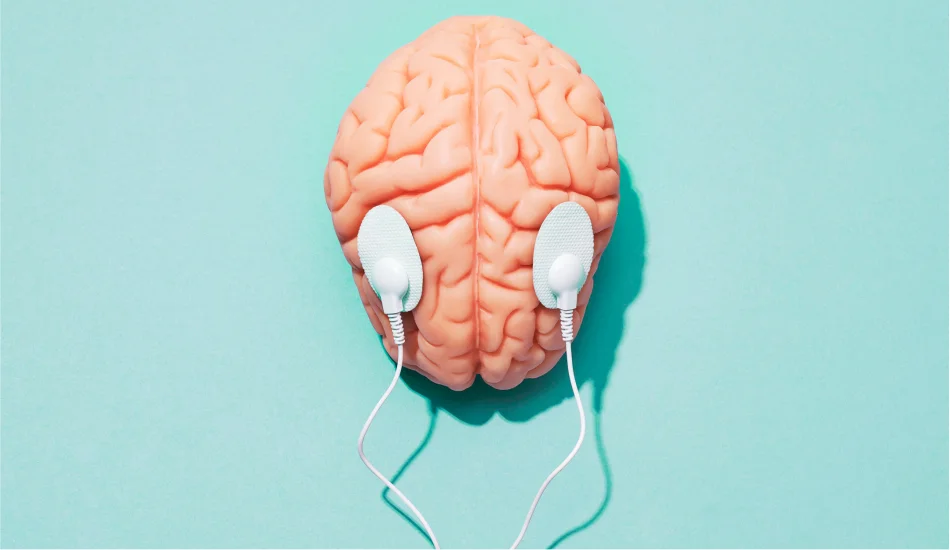
Chronic Kidney Disease (CKD) is an increasingly serious health problem that affects millions of people around the world. The condition is characterised by the progressive decline in kidney functions with the course of time chronic kidney disease could lead to serious health problems if not managed properly. Here at Chirayu Super Speciality Hospital, we’re committed to providing the highest quality of medical care and educational services to assist our patients in reducing their chance to develop CKD. In this thorough guide, we’ll discuss how you can use practical steps to ensure your kidneys are in good health and avoid chronic kidney disease.
The underlying causes of chronic Kidney Disease
Chronic Kidney Disease is a condition that occurs when the kidneys become damaged and are unable to filter blood as efficiently as they ought to. The condition may worsen in time, eventually leading the patient to end stage renal disease (ESRD) in which dialysis or a transplant of the kidney is necessary. The most common factors that cause chronic kidney disease include diabetes as well as high blood pressure, polycystic renal disease.
- Maintain a Healthy Diet The most efficient methods to reduce your risk for chronic kidney disease is to follow the right diet. Your diet plays a vital part in ensuring that your kidneys function well. Important Dietary Tips:
- Reduce your intake of salt A high sodium level could increase blood pressure and put an extra burden on your kidneys. Try to limit your intake to not more than 2300 mg sodium a day.
- Limit Protein Intake: Excessive protein can burden your kidneys. Make sure you consume moderate amounts of protein sources that are lean like chicken, fish and plant-based protein sources.
- Choose heart-healthy foods Add fruits vegetables, whole grains as well as low-fat dairy products into your daily diet. These are foods that support kidney health and can help you maintain an ideal weight.
A diet high in antioxidants and anti-inflammatory food can also improve kidney health. Fruits and vegetables like the greens of leafy berries, berries and nuts are packed with nutrients that reduce inflammation and oxidative stress which could harm kidneys over time.
- Control Blood Sugar Levels Diabetes is the most common reason for chronic kidney disease. A high blood sugar level can cause damage to blood vessels in your kidneys, which can affect their capacity to function properly.Strategies to Control Blood Sugar:
- Monitor your blood glucose regularly Track you blood sugar level in order to ensure they stay within the recommended limit.
- Be sure to follow Your Diabetes Management Plan adhere to the prescribed medications along with dietary guidelines and exercise recommendations.
- Stay active Regular exercise can help control blood sugar levels, and promotes better overall health.
A diet that is low in glycemicindex that have a lower effect on the blood sugar level could also be beneficial. These are foods that consist of whole grains and legumes and non-starchy veggies. By controlling glucose levels in your blood in a way you will be able to shield your kidneys from damages that is caused by high levels of glucose.
- Control Blood Pressure The high blood pressure is a major risk aspect for CKD. If blood pressure stays high, it could cause damage to the blood vessels of the kidneys, resulting in diminished kidney function.Tips for managing blood pressure:
- Monitoring Blood Pressure Check regularly your blood pressure to make sure that it is within an acceptable range.
- Use Medications As Performed If you’ve been prescribed blood pressure medications to take, do so consistently and adhere to the advice of your physician.
- Make a change to a healthier lifestyle Maintain a balanced diet, exercise regularly physical exercise, restrict the consumption of alcohol, and stay away from smoking.
Relaxation techniques like meditation, yoga, or deep breathing exercises may aid in lowering blood pressure. These methods reduce stress which could cause hypertension and thus safeguarding your kidney health.
- Stay hydrated A healthy diet is crucial to ensure kidney health. The kidneys are able to eliminate toxins and waste from your blood, which ensures they are functioning properly.Tips to Hydrate:
- Drink plenty of water Drink at minimum 8 glasses of drinking water per every day. You can adjust your intake according to the level of activity and the climate.
- Limit the consumption of caffeine and sugary Beverages Drinking too much of caffeine and sugary drinks can put strain on your kidneys.
- Urine Monitor Color Light or clear urine is usually a sign of proper water intake, whereas amber or dark yellow may be a sign of dehydration.
A healthy diet and adequate hydration can also help prevent kidney stones that could cause kidney damage when left untreated. Drinking enough fluids helps to dilute the urinary substances which cause stones, thus reducing the likelihood of their formation.
- Avoid Over-the-Counter Painkillers Regular use of prescription painkillers like nonsteroidal anti-inflammatory medicines (NSAIDs) may cause kidney damage, particularly when taken in large quantities over a long period of time.Safe Pain Management:
- Talk to Your Physician Before you take any medication, talk with your physician to learn about the potential dangers and alternative.
- Use painkillers sparingly Use painkillers only in the event of absolute necessity and always follow the dosage guidelines.
Investigating alternative methods for managing pain including the use of acupuncture, physical therapy or massage, may lower your dependency on painkillers and protect your kidneys from harm.
- Stop smoking Smoking is a risk to the kidneys by decreasing blood flow and raising the likelihood of developing kidney disease. The decision to stop smoking is among the most effective steps you can do for better health overall and safeguard your kidneys.Tips for Quitting Smoking:
- Find Help Join a smoking quit service or support program to help get rid of.
- Utilize Nicotine Therapy Replacement Nicotine replacement therapies such as gum or nicotine patches can help ease withdrawal symptoms.
- Keep motivated Keep in mind the advantages of quitting smoking and avoiding smoking, such as a lower chance of chronic kidney disease.
Smoking is also linked to other risks for chronic kidney disease including the high pressure of blood and diabetics. When you quit smoking, it will significantly lower your risk of developing kidney disease, as well as improve overall health.
- Regularly scheduled check-ups Regular medical checks are crucial to identify and treat early signs of chronic kidney disease. Regular screenings help determine risk factors and the signs of kidney disease prior to they get to be severe.What is to expect during a check-up?
- blood tests They can test the kidney’s function by examining levels of creatinine as well as glomerular filter rates (GFR).
- Urine Testing They can reveal abnormal levels of blood or protein in your urine. This could be a sign of kidney damage.
- Monitor Blood Pressure Monitoring your blood pressure is helpful in managing and stop CKD.
Regular visits also give you the chance to discuss any issues or issues you may be experiencing with your physician. A prompt diagnosis of kidney issues could lead to better treatment and more favorable outcomes.
- Maintain an appropriate weight Overweight or obese raises the chance of developing chronic kidney disease. Weight gain can cause diseases like diabetes as well as high blood pressure. Both are major risk factors for kidney disease.Tips for a Healthy Weight Management:
- The Balanced Diet Aim for nutrient-rich foods like fruits and whole grains, vegetables, and protein that is lean.
- Regular Training Try to do at minimum thirty minutes of light activity on the majority times of the week.
- Set realistic goals Weight loss of 1-2 lbs per week is healthy and sustainable.
Maintaining and achieving an ideal weight will lessen the strain on your kidneys as well as improve general health. Here at Chirayu Super Speciality Hospital, we provide individualized weight management programs that will help you achieve the health objectives you have set for yourself.
Conclusion
Reducing the risk of developing Chronic Kidney Disease requires a proactive approach to your health and lifestyle choices. In Chirayu Super Speciality Hospital, we’re dedicated to helping you attain optimal kidney health with customized treatment and education. If you follow a healthy eating plan as well as controlling blood pressure and blood sugar by staying hydrated, not taking the use of painkillers that are available over-the-counter and quitting smoking, going to regular check-ups, and sustaining an ideal weight and weight, you can greatly reduce the risk of developing chronic kidney disease. If you are concerned regarding your kidney health, make an appointment with our knowledgeable team now. Your health and well-being is our highest priority.



